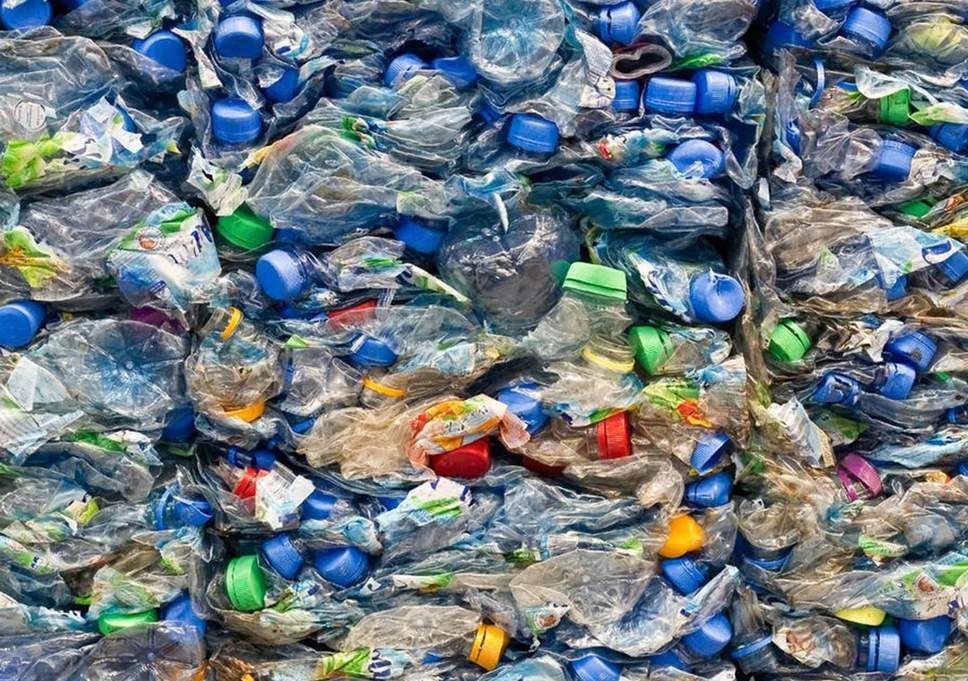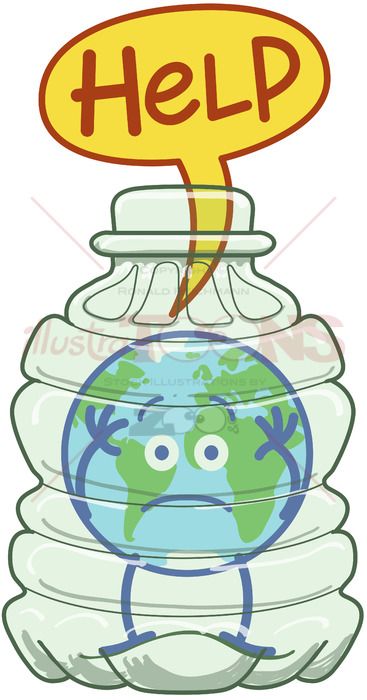What Do You Mean By Polymers?
May 28, 2019 • 38 views
Plastics are a subspecies of a class of materials known as polymers. These are composed of large molecules , formed by joining many, often thousands, of smaller molecules together. Other kinds of polymers are fibers, films, rubbers, and biopolymers (i.e., cellulose, proteins, and nucleic acids). Plastics are made from low-molecular-weight monomer precursors, organic materials, which are mostly derived from petroleum, that are joined together by a process called "polymerization." Plastics owe their name to their most important property, the ability to be shaped to almost any form to produce articles of practical value. Plastics can be stiff and hard or flexible and soft. Because of their light weight, low cost, and desirable properties, their use has rapidly increased and they have replaced other materials such as metals and glass. They are used in millions of items, including cars, bullet-proof vests, toys, hospital equipment, and food containers.
More than a hundred billion pounds of plastic were produced in 2000. Their increased use has resulted in concern with (1) the consumption of natural resources such as oil, (2) the toxicity associated with their manufacture and use, and (3) the environmental impact arising from discarded plastics.
Plastic has affected the health and life of human beings very badly. Some incidents have attracted the attention of the whole world and put a question mark about the use of plastic in daily life. Plastic, the wonder material that we use for everything and which pollutes our environment, is perhaps the most harmful of trash dumped by mariners and sea-goers in sea because it does not readily break down in nature. In-fact, the plastic that goes over the side today may still be around in hundreds of years to foul up the fishing gear, boat propellers, and beaches of future generations. Careless disposal of plastic can have dire consequences. A plastic bag looks like a tasty jellyfish to an indiscriminate feeder like the sea turtle, but plastic is indigestible. It can choke, block the intestines of, or cause infection in those animals that consume it. A plastic bag can also clog an outboard engine’s cooling system. Lost or discarded monofilament fishing line can foul propellers, destroying oil seals and lower units of engines, or it can become an entangling web for fish, seabirds, and marine mammals.
Plastics are used because these are easy and cheap to make and they can last a long time. Unfortunately these very useful qualities make plastic a huge pollution problem. Because the plastic is cheap it gets discarded easily and its persistence in the environment can do great harm. Unbanization has added to the plastic pollution in concentrated form in cities.

Since the development of plastic earlier this century, it has become a popular material used in a wide variety of ways. Today plastic is used to make, or wrap around, many of the items we buy or use. The problem arises when we no longer want these items and we have to dispose off them, particularly the throwaway plastic material used in wrapping or packaging. Plastics are used because they are easy and cheap to make and they can last a long time. Unfortunately these same useful qualities can make plastic a huge pollution problem. The cheapness means plastic gets discarded easily and its long life means it survives in the environment for long periods where it can do great harm. Because plastic does not decompose, and requires high energy ultraviolet light to break down, the amount of plastic waste in our oceans is steadily increasing. The plastic rubbish found on beaches near urban areas tends to originate from use on land, such as packaging material used to wrap around other goods. On remote rural beaches the rubbish tends to have come from ships, such as fishing equipment used in the fishing industry.
We are being choked to death by the amount of plastic that we thor away. It's killing our oceans.It's entering into our bodies in the fish we eat. - Kevin Bacon

Environmental and human costs are related because they both negatively impact us in many ways. We human impact are polluting our environment because we dispose of the plastic bags incorrectly. An alternative for plastic bags would be using reusable bags made of other fabrics instead of using plastic. Using reusable bags would reduce the effects of plastic bags because we would lower the amount of plastic being produced and disposed by simply using a reusable bag. Reusable bags are an alternative for plastic bags because they are environmentally friendly and can be used repeatedly to reduce waste. Something to keep in mind is that plastic bags are not only beneficial to the environment, but they also benefit us because we would be able to reuse them over and over again. People would begin to use reusable bags as soon as possible because doing so we could be able to cut down on the negative impact created by plastic bags. Using reusable bags instead of plastic bags is something that should be done worldwide because the impact that plastic bags has would be reduced.
